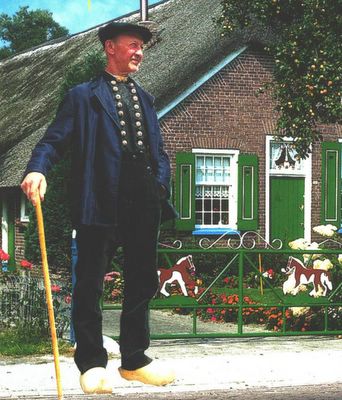
Since Reverend Doctors now declare
That clerks and people must prepare
To doubt if Adam ever were;
To hold the flood a local scare;
To argue, though the stolid stare,
That everything had happened ere
The prophets to its happening sware;
That David was no giant-slayer,
Nor one to call a God-obeyer
In certain details we could spare,
But rather was a debonair
Shrewd bandit, skilled as banjo-player:
That Solomon sang the fleshly Fair,
And gave the Church no thought whate'er;
That Esther with her royal wear,
And Mordecai, the son of Jair,
And Joshua's triumphs, Job's despair,
And Balaam's ass's bitter blare;
Nebuchadnezzar's furnace-flare,
And Daniel and the den affair,
And other stories rich and rare,
Were writ to make old doctrine wear
Something of a romantic air:
That the Nain widow's only heir,
And Lazarus with cadaverous glare
(As done in oils by Piombo's care)
Did not return from Sheol's lair:
That Jael set a fiendish snare,
That Pontius Pilate acted square,
That never a sword cut Malchus' ear
And (but for shame I must forbear)
That - - - - - did not reappear! ...
- Since thus they hint, nor turn a hair,
All churchgoing will I forswear,
And sit on Sundays in my chair,
And read that moderate man Voltaire.
CommentAlthough the questions of 'higher criticism' (now called historical criticism) are widely recognized by Orthodox Jews and many Christians as legitimate questions, they often find the answers given by the radical higher critics completely unsatisfactory or even heretical.
In particular, Evangelical Christians object to the rationalistic and naturalistic
presuppositions of a large number of practioneers of higher criticism that leads to conclusions that the orthodox find unacceptable.
Most 'higher critcism' has now been discredited as a result of its own presuppositions.
(RR) 















